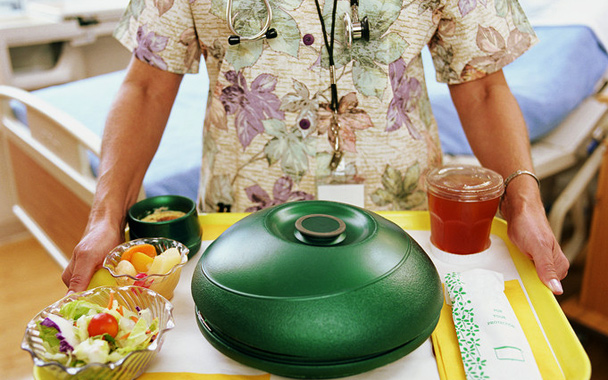With the government coming down firmly on the side of the producers of cloned animals and genetically modified plants, one large healthcare system has just said, loudly and forcefully, “Not so fast.” And said it in a language that executives of agribusinesses and chemical companies understand.
Catholic Healthcare West—a nonprofit network of 10,000 doctors and 53,000 employees working out of 41 hospitals in California, Arizona, and Nevada—kicked off the new year by saying it would not spend money on products from foodservice companies who use sugar from genetically modified beets or meat and dairy products from cloned animals. The organization said that such practices are in direct conflict with its sustainability goals.
“If these same food companies can provide foods that are natural and non-genetically modified to their European customers, we believe they should provide us with the same level of service,” a spokesman for the organization told Sustainable Food News.
Food companies should also note that high-volume buyers are developing a track record of success in areas where government regulators have refused to act and consumers have been unable to make their voices heard. Last year retailers such as Wal-Mart, Kroger, Safeway, and Publix announced that they would no longer buy milk from cows treated with the artificial growth hormone rBST. By summer, Monsanto, which sold the hormone under the trade name Posilac and used all of its political lobbying muscle to oppose “no-rBST” labeling, announced that it had sold the brand.
Who knows—if Catholic Healthcare’s decision sparks a trend, Monsanto’s GM seed operations might someday be on the block, too.


